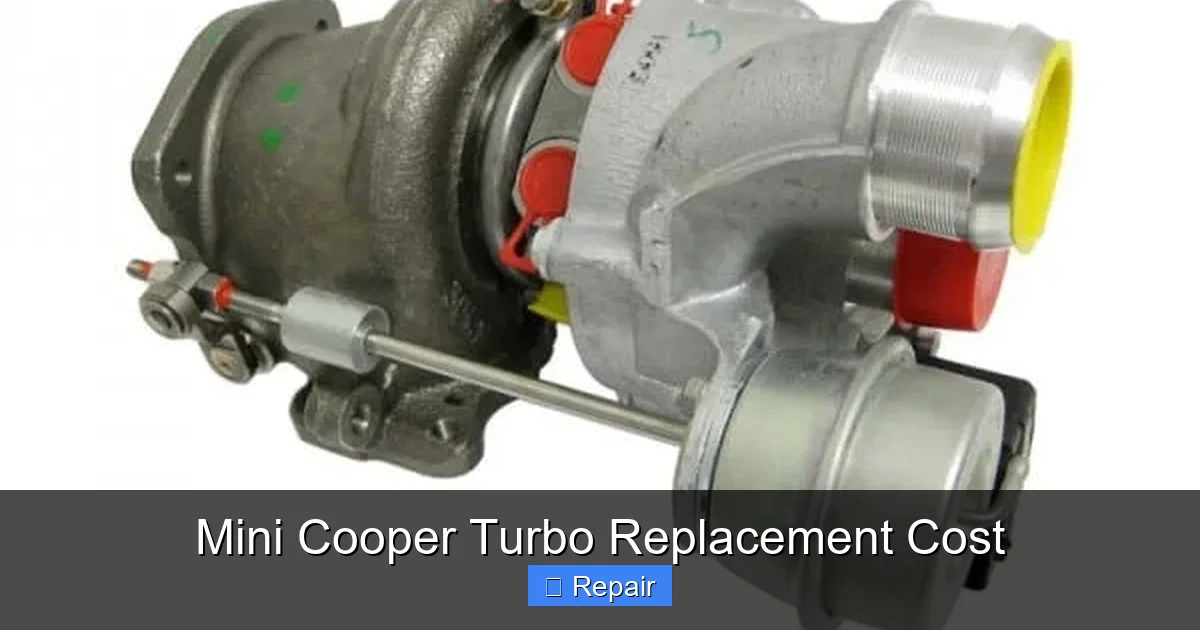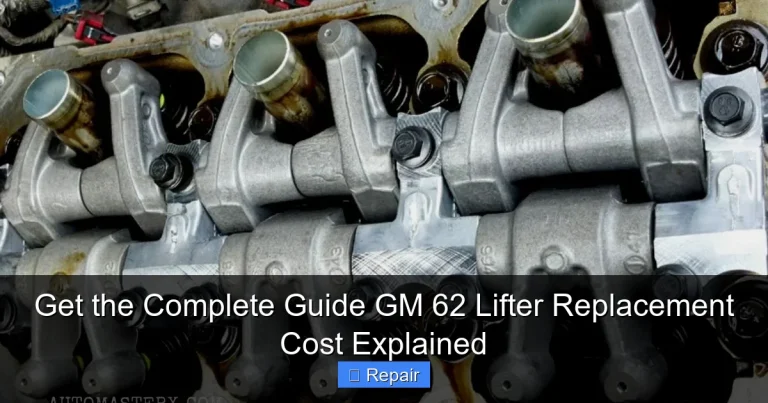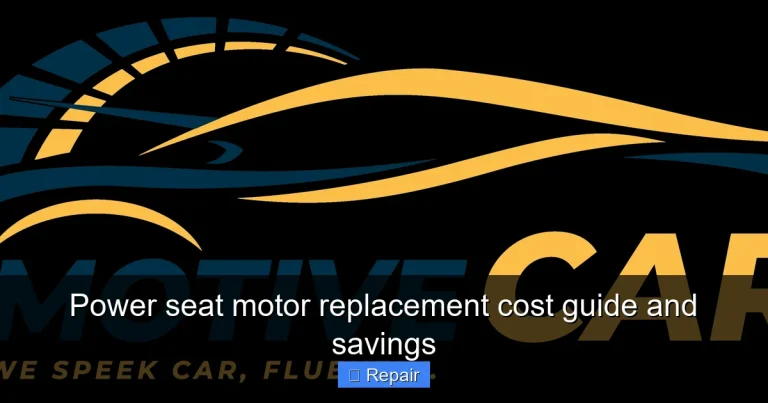Mini Cooper Turbo Replacement Cost
mini cooper turbo replacement cost is an essential topic that provides valuable insights and practical knowledge.
This is a comprehensive guide about mini cooper turbo replacement cost.
Key Takeaways
- Understanding mini cooper turbo replacement cost: Provides essential knowledge for making informed decisions
- Practical applications: Can be applied in various real-world scenarios
Quick Answers to Common Questions
What is mini cooper turbo replacement cost?
mini cooper turbo replacement cost refers to essential knowledge and techniques.
Frequently Asked Questions
What is mini cooper turbo replacement cost?
mini cooper turbo replacement cost is an important topic with many practical applications.







